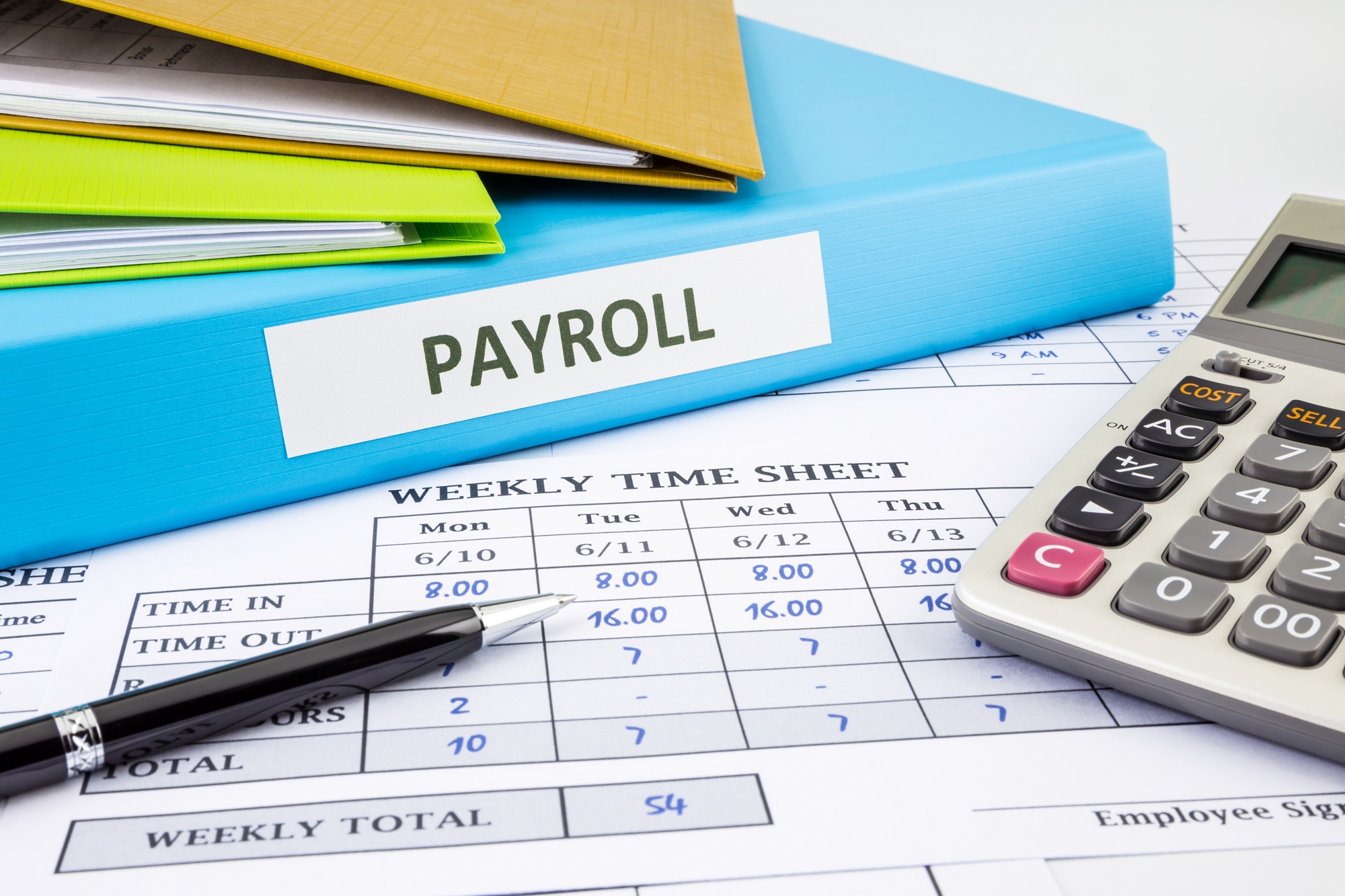Back in October 2022, we shared the news that PAYE payments can now be paid to HMRC via Direct Debit in a similar way to VAT payments. But recent reports suggest the system is enduring some teething problems which have resulted in firms receiving incorrect penalties for non or late payment or paying twice to try and avoid penalties.
What’s the issue?
The main issue comes as a result of a clash between Direct Debit mandate rules and HMRC’s own rules on payment dates.
Because the amount of PAYE paid by employers to HMRC typically differs every month, the Direct Debit has to be set up as a variable payment. The rules around this differ to a fixed regular payment as the collection of variable Direct Debits requires prior notification. The other rule of DD mandates is that if the intended collection date falls on a non-working day (weekend or bank holiday) it must wait until the next working day and cannot be pulled back sooner. Likewise, the notification date, has to be a minimum of 3 working days prior to collection.
The PAYE deadline meanwhile is the 22nd of each month and therefore if this falls on a non-working day, the DD cannot be collected until the next business day. In the example of a bank holiday weekend where the deadline of the 22nd falls on the Saturday, HMRC cannot collect payment until Tuesday – the 25th. However, whilst this is in line with DD mandate rules, HMRC’s own automated systems appear unable to make the same calculation and therefore simply identify that payment was made 3 numerical days late.
As noted, there must also be 3 working days between the DD notification going out and the collection being made. Therefore, if the notification goes out on a Saturday, the 3 working days do not start until the Monday (21st), meaning the collection cannot be made until Wednesday of that week – the 23rd, a day later than the payment deadline.
Late payment notices and penalties issued
This conflict of dates has seen HMRC automated systems issuing late payment notices and penalties to companies that thought their payments were now being managed by HMRC themselves. In some instances, to try and avoid penalties, companies have paid their PAYE upon receipt of a late payment notice, only for the DD to go out a day or two later – meaning they end up paying twice and then have to try and get a refund – which we know is far from straight forward.
HMRC is aware of the matter and is working to correct its systems, but all the while it offers a hybrid of payment options (DD, bank payment, over the counter), it may struggle. They have also said that incorrectly charged penalties and over payments will be corrected.
